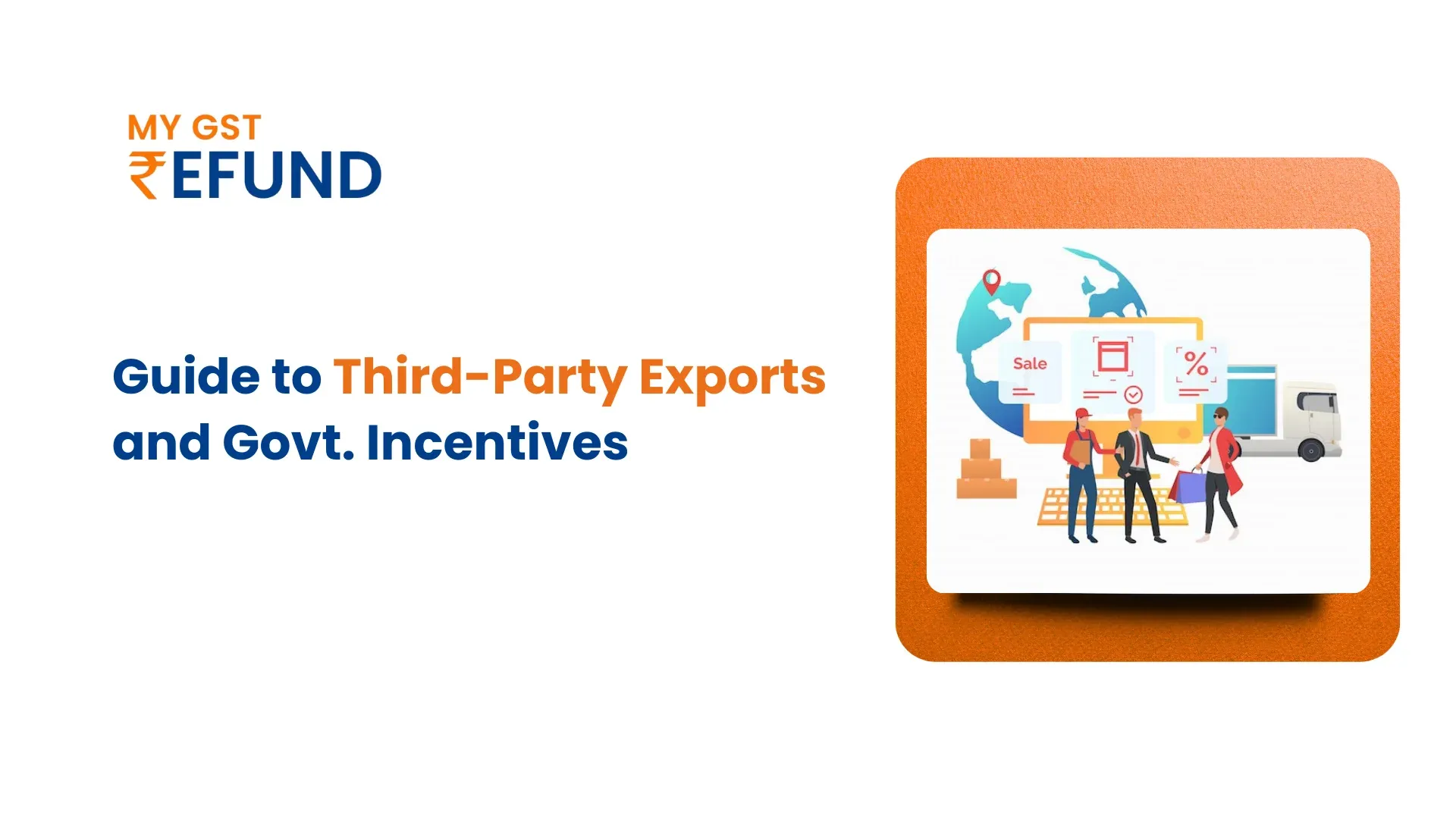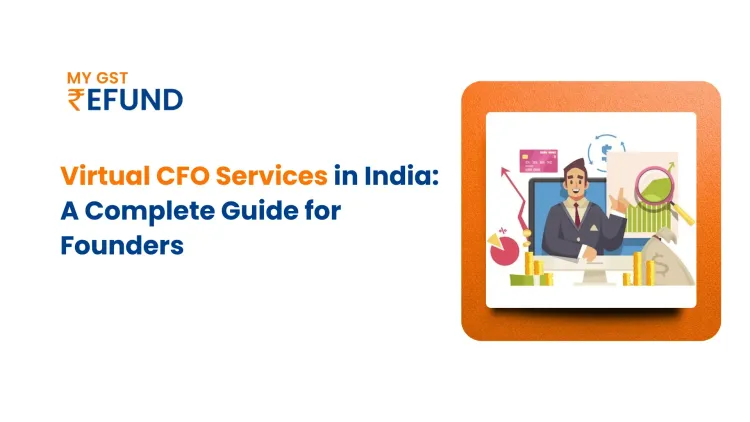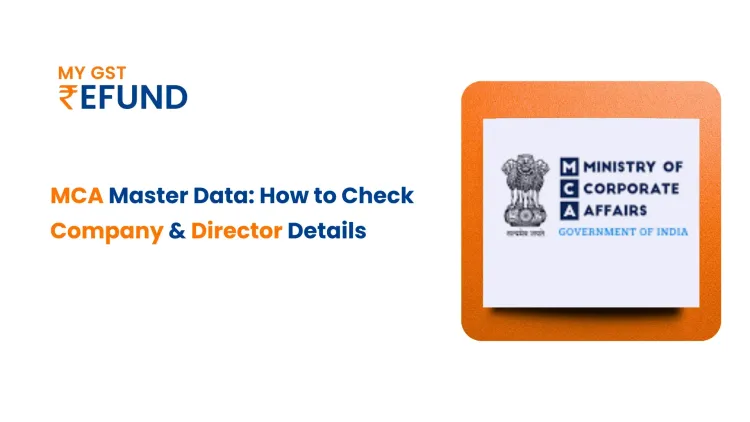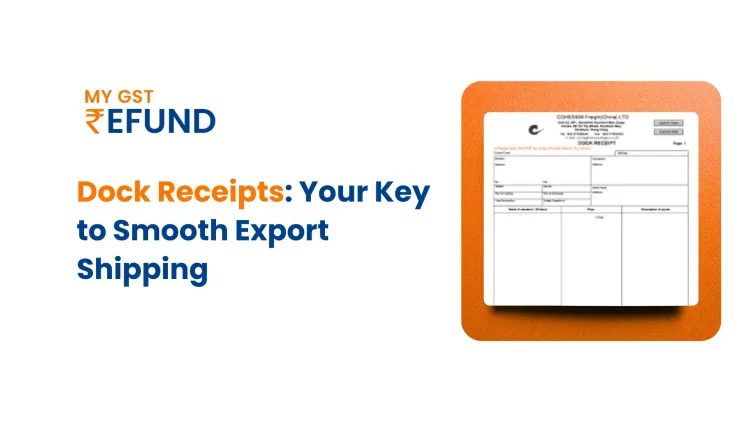Guide to Third-Party Exports and Govt. Incentives
A third-party exporter is a middleman in international trade who exports products on behalf of manufacturers. This process is similar to direct exporting but involves the third-party handling of registration, export obligations, and customs clearance from the origin to the destination.
Main Role of Third-Party Exporter:
Third-party exporters play an important role in promoting the export of goods from a producer to a foreign buyer, but they do not manufacture the goods.
The third-party exporter handles all export processes, such as export licenses, delivery of goods, and customs clearance, and directly deals with the client for payment and order.
Agreement
The third-party exporter signs an agreement with a manufacturer of the goods that specifies the exporter's obligations and role, as well as the terms of the sale, payment, and export procedure.
The local manufacturer and third-party manufacturer both can we sele the goods for the foreign buyers who are responsible for handling the sale on the account of the manufacturer.
Compliance with Customs and Regulations
- Like other exporters, the third-party exporter deals with Customs, GST, and Foreign Trade Policy (FTP) restrictions.
- Customs clearance requires the proper paperwork, like a shipping bill, a commercial invoice, a packing list, and a certificate of origin.
Find Out Your GST Refund in Seconds, Try Our Free Calculator Now
Benefits and schemes for Third-Party Exports
The Indian government provides some export incentives and benefits to promote exports, including third-party exports. These benefits are designed to help exporters remain competitive in the international market and boost exports.
1. ROSCTL/RODTEP
The Foreign Trade Policy (FTP) launched the RODTEP/ROSCTL, which offers export incentives in the form of duty credit scrips. The third-party exporters are eligible to receive scrips for the FOB value of exports to the particular country. that is specified under it.
The duty credit scrips can be sold in the market to provide exporters with liquidity, or they can be used to pay customs duties on imports.
2. Duty Drawback Scheme
The third-party exporters are eligible to receive a reimbursement of customs charges paid on intermediate goods, completed goods, or raw materials used in the production of exported goods under the Duty Drawback Scheme. By guaranteeing appropriate documentation, legal compliance, and proof of duty-paid inputs utilised in the exported products, the exporter can still gain, even if they are not the original producer.
3. Export Promotion Capital Goods (EPCG) Scheme
Under the Export Promotion Capital Goods (EPCG) Scheme, exporters can import capital goods such as machinery and equipment for free as long as they meet certain export requirements within a predetermined window of time. If third-party exporters achieve the necessary export performance requirements and are directly involved in exports, they can also take advantage of the program.
Additionally, producers who export directly or through a third-party exporter are eligible to take advantage of the EPCG scheme.
4. Advance Authorisation Scheme
The Advance Authorization Scheme allows third-party exporters to import raw materials duty-free for the production of items intended for export.
As long as the required export compliance and documentation are kept up to date, third-party exporters that export finished or intermediate items can also take advantage of this program.
5. Integrated Goods and Services Tax (IGST) Refund
Under the GST regime, exports are treated as zero-rated supplies, meaning no Integrated Goods and Services Tax (IGST) is payable on exported goods. Third-party exporters can claim a GST Refund of the input tax credit (ITC) for GST paid on raw materials or inputs used in the export process, provided they comply with the required documentation and export procedures.
Case Law Concerning Exports by Third Parties
The difficulties experienced by third-party exporters and the interpretation of export and customs laws pertaining to their operations have been brought to light by a number of court cases. The following noteworthy case laws illustrate the intricacies of third-party exporting in India.
1. Commissioner of Customs v. M/s. Olam Agro India Ltd. (2011)
Problem: The case focused on whether third-party exporters who did not produce the items individually could nevertheless claim duty disadvantages.
Conclusion: According to the court, if a third-party exporter participates in the export process and the products qualify for duty drawback under the program, they may be able to claim duty drawback. The court emphasised that even if the Exporter of Record does not produce the products, they are still in charge of export documentation.
Final Notes
Third-party exporters same as direct exporters and play an important role in promoting international trade in India. where intermediaries help facilitate trade by exporting goods from manufacturers and ensuring their export to foreign buyers. The third-party exporter can claim these benefits that are offered by goivnemnt like Duty Drawback, RoDTEP/ROSCTL, and IGST refunds.
Related Posts







